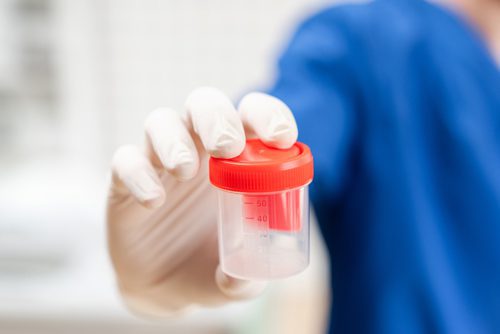Employee drug testing, both random and routine, is becoming more common in both government agencies and private industry. Yet the controversy surrounding it is fierce, with one side citing an employee’s right to privacy and the other pointing to workplace safety. What are the pros and cons of workplace drug-testing, how can it be done ethically, and what are your rights as an employee?
Arguments in Favor of Workplace Drug Testing
- It encourages a stronger sense of responsibility among all employees, especially those that may put themselves or others in danger if they work under the influence of drugs or alcohol.
- Workplace accidents and injuries will be reduced since employees will not be working under the influence of drugs or alcohol. This greatly increases the safety and health of everyone in the workplace.
- When employers follow proper procedures of informed consent, drug testing can stop employees who may regularly use or want to experiment with drugs or alcohol.
- It helps employers identify workers who may need help overcoming an addiction to drugs or alcohol. Employees with a substance use problem may not seek help on their own out of fear of losing their job.
Arguments Against Workplace Drug Testing
- Drug testing in the workplace is an invasion of the employee’s basic privacy.
- Many times when an employee tests positive on a drug test, they are fired without any compensation instead of being offered treatment for their drug or alcohol problem. They are often not eligible for any kind of social assistance.
- When a drug test is taken out of context, all responsibility is placed on the employee instead of on the work environment. Long shifts that disrupt normal sleep cycles, bullying and workplace hierarchies, and lack of support for work-related stress could contribute to an employee’s substance use.
- Workplace drug testing does not take into account the possible mental health issues of employees with addictions.
- Drug testing discriminates against employees who drink alcohol or take drugs on their own time. If they come to work sober and if their use doesn’t affect their job performance, why should they be called out for what they do in their private life?
Test Results Must Be Accurate
The outcome of a workplace drug test can have a serious effect on a person’s life. Sometimes their reputation, livelihood, and future are at stake, so it is imperative that the results are accurate. Employees must have the right to defend a positive test since the results could be due to other factors, including:
- prescription or over-the-counter medication
- diet pills
- poppy seeds
- B vitamins
Basic Ethical Principles
If employers do practice workplace drug testing, several basic ethical principles must be followed so an employee’s rights are not violated.
- Confidentiality – All employees have the right to privacy.
- Informed consent – Employees need to know that drug or alcohol use is not tolerated and that they will be periodically tested.
- The ability to defend a positive drug test – The employee has the right to explain the test results and have a repeat test conducted.
- Reasonable expectations – If the employee is coping with a stressful situation at home or work, it has to be considered.
- Justification – There must be a relevant reason for a workplace to conduct drug testing.
- Getting help – If an employee tests positive, rehab and/or addiction counseling should be offered to the employee.
- Support – When appropriate, the employee should be given support in transitioning to more suitable employment.
There is Help Available
If you or someone you know is having a problem with drugs or alcohol, there is help available. The staff at Canyon Vista Recovery Center in Mesa, Arizona, is here to answer any questions and explain the treatment services available. They will help you regain your sobriety and live a healthy, fulfilling life.











